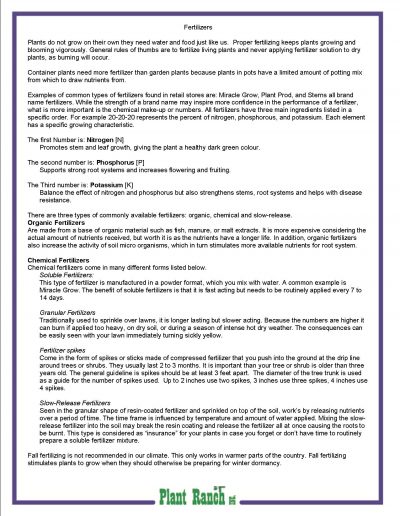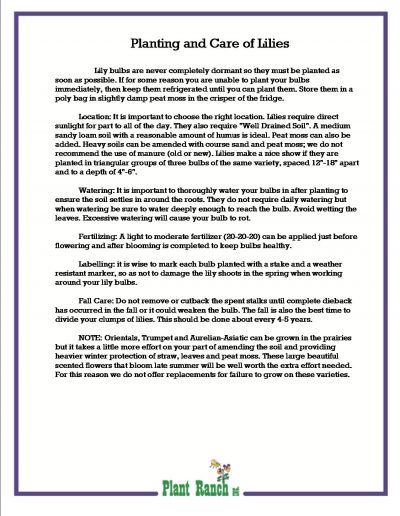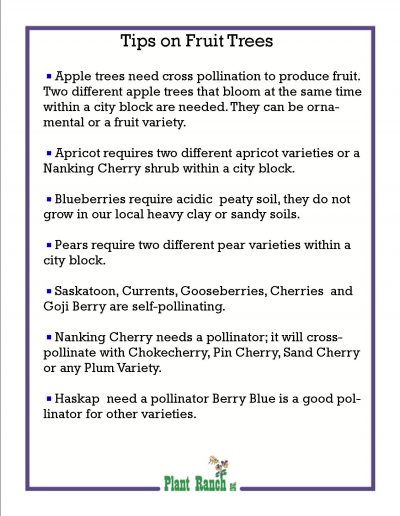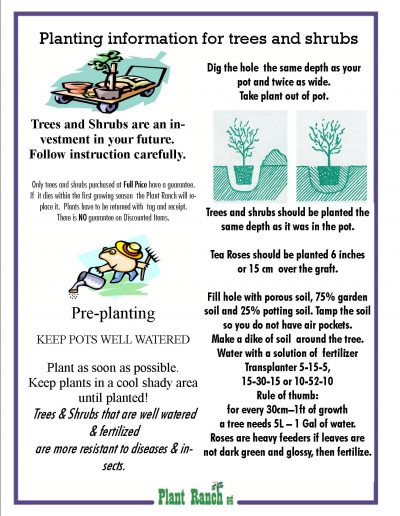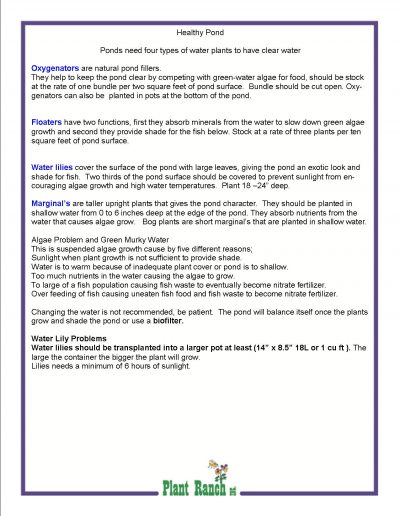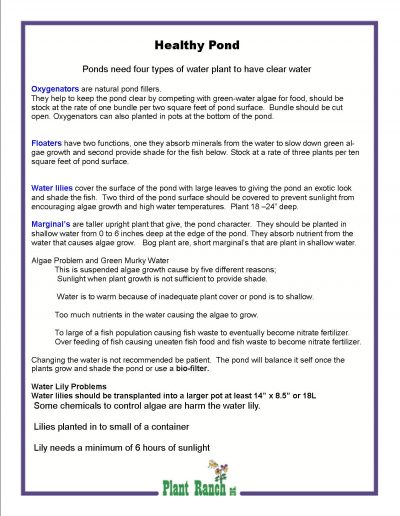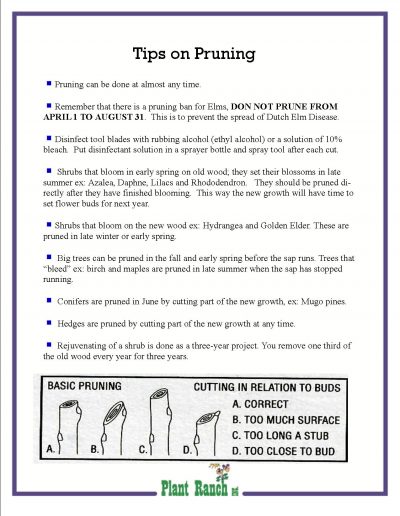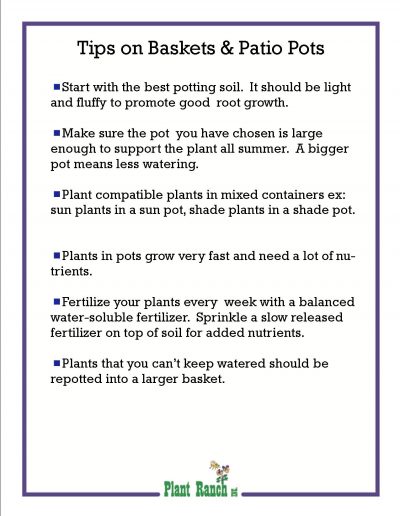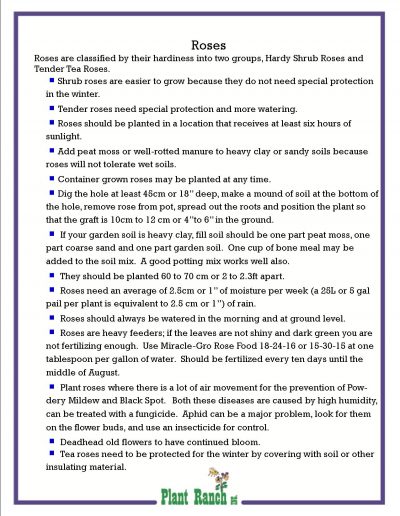Plant Care
Nothing is more relaxing than working in your garden on a nice sunny day or relaxing in your beautifully landscaped and decorated yard. We want to help you create the space that you dream of and for the gardener that is gardening for food, we have some gardening tips for you as well.
1. Pick the right spot. Location, location, location! Place your garden in a location where you can see it so that it reminds you daily to care for it.
2. Make sure you know the sun patterns of your yard before choosing your spot. Most edible plants and herbs need at least six hours of full sunlight to grow.
3. Make sure that you have a source of water that reaches your garden. Is your hose long enough. Ideally, you could have sprinklers set up so watering is simple. The best way to damage your garden is to not water it during dry periods.
4. Start with a great soil. That means nutrient-rich and well-drained. Use a different soil if you are potting in containers than if you are planting in the ground or raised gardening beds.
5. If you don’t have a lot of space think of using containers. When space is a premium, containers can be used to plant a variety of vegetables, herbs, flowers, fruit trees, berries, and shrubs. Make sure the pot is large enough for what you are planting.
6. Choose plants that are hardy to your growing conditions. Know where to plant your plants, ie in sun or shade, with ample enough room to spread. Also, to get a step up you can use plants that are already started as opposed to going from seed.
7. Do not plant too early or late and know when your region has frost. For Regina and area, it is usually a good rule of thumb to plant after the May long weekend.
8. Add some mulch. This helps reduce weeds around plants and reduces moisture loss.
9. Feed plants regularly with a top-notch plant food. We can help to suggest what would work best for your type of garden or plants.
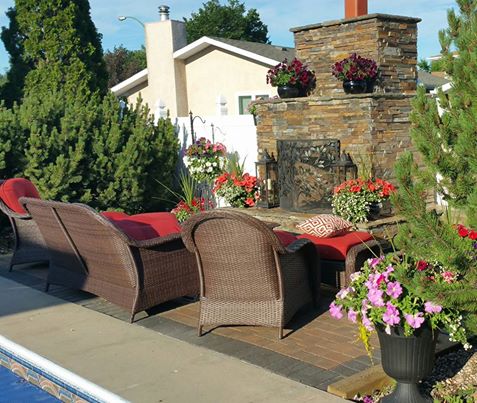
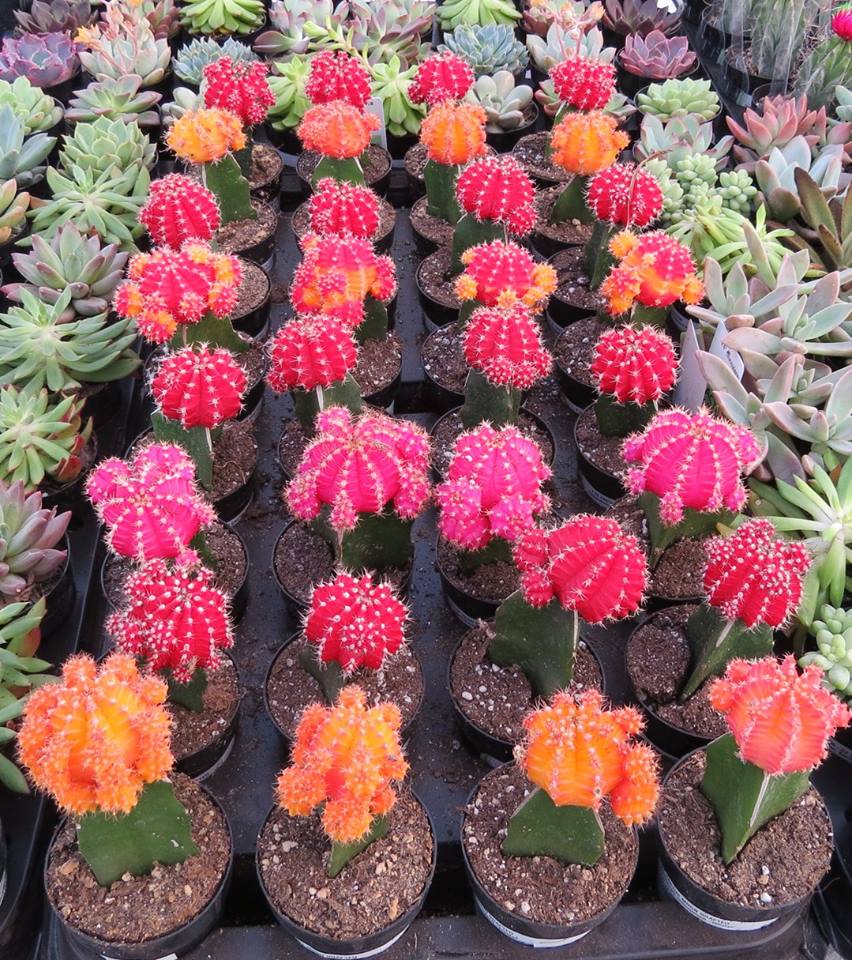
Plant What You Love
Plant the foods you love to eat or the flowers that you love to smell. Just keep in mind your growing season, hardiness ratings, and the space that you have.
Annuals vs. Perennials
Keep in mind annuals typically bloom longer than perennials but have to be replanted each year. Annuals can be the perfect way to change the look of your garden from year to year. Perennials can be bought as a young plant or by the bulb. If planting bulbs make sure you plant them early enough in the season for them to come up. Perennials help establish your garden, are low-maintenance, and are economical as they come back each year.
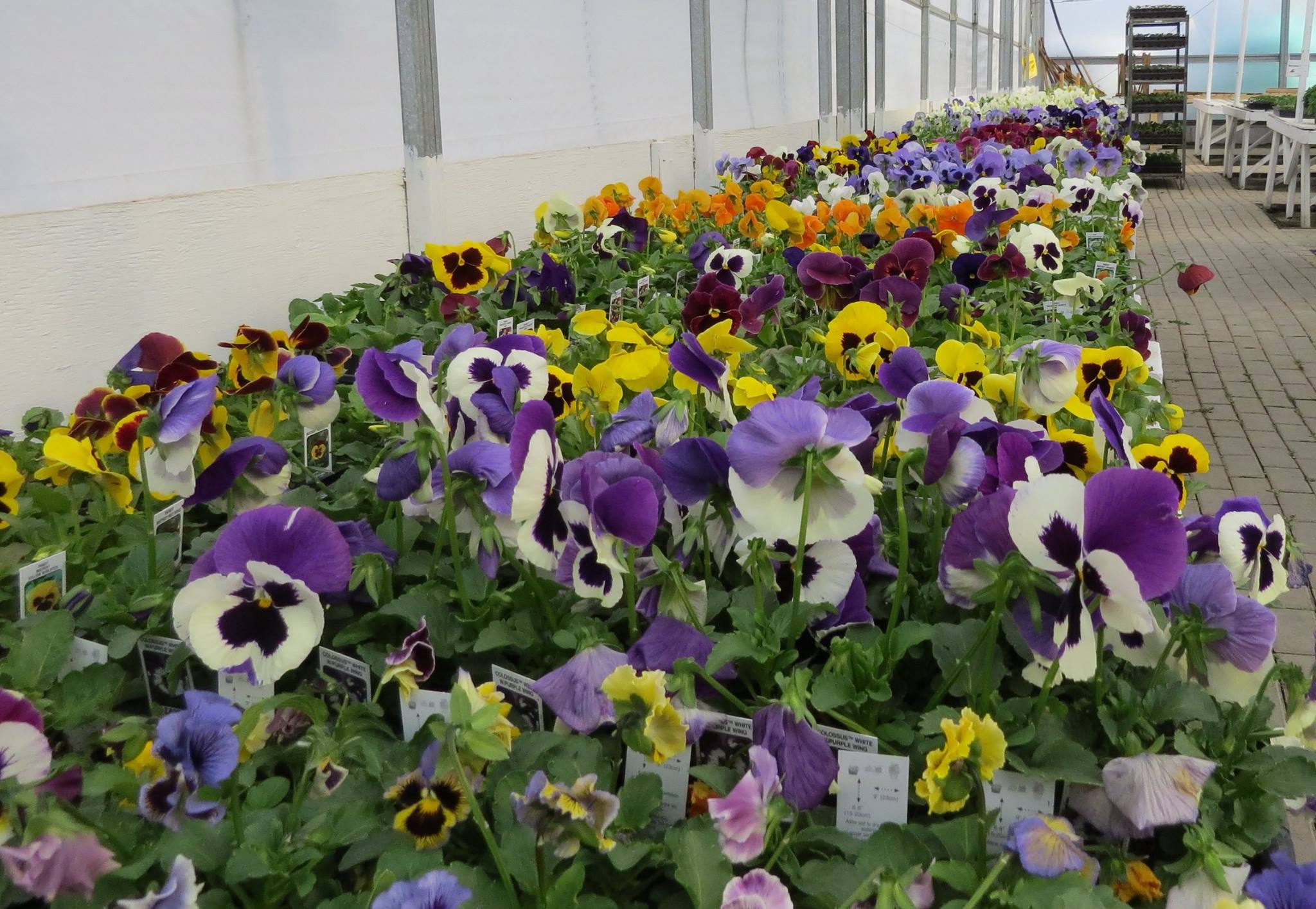
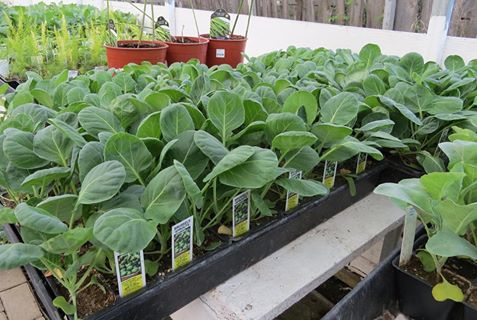
One Last Tip
If you are a novice try starting off with the flowers and vegetables that are easy to grow in our region. Come on down to the store and we would be happy to make suggestions based on your taste and needs.

